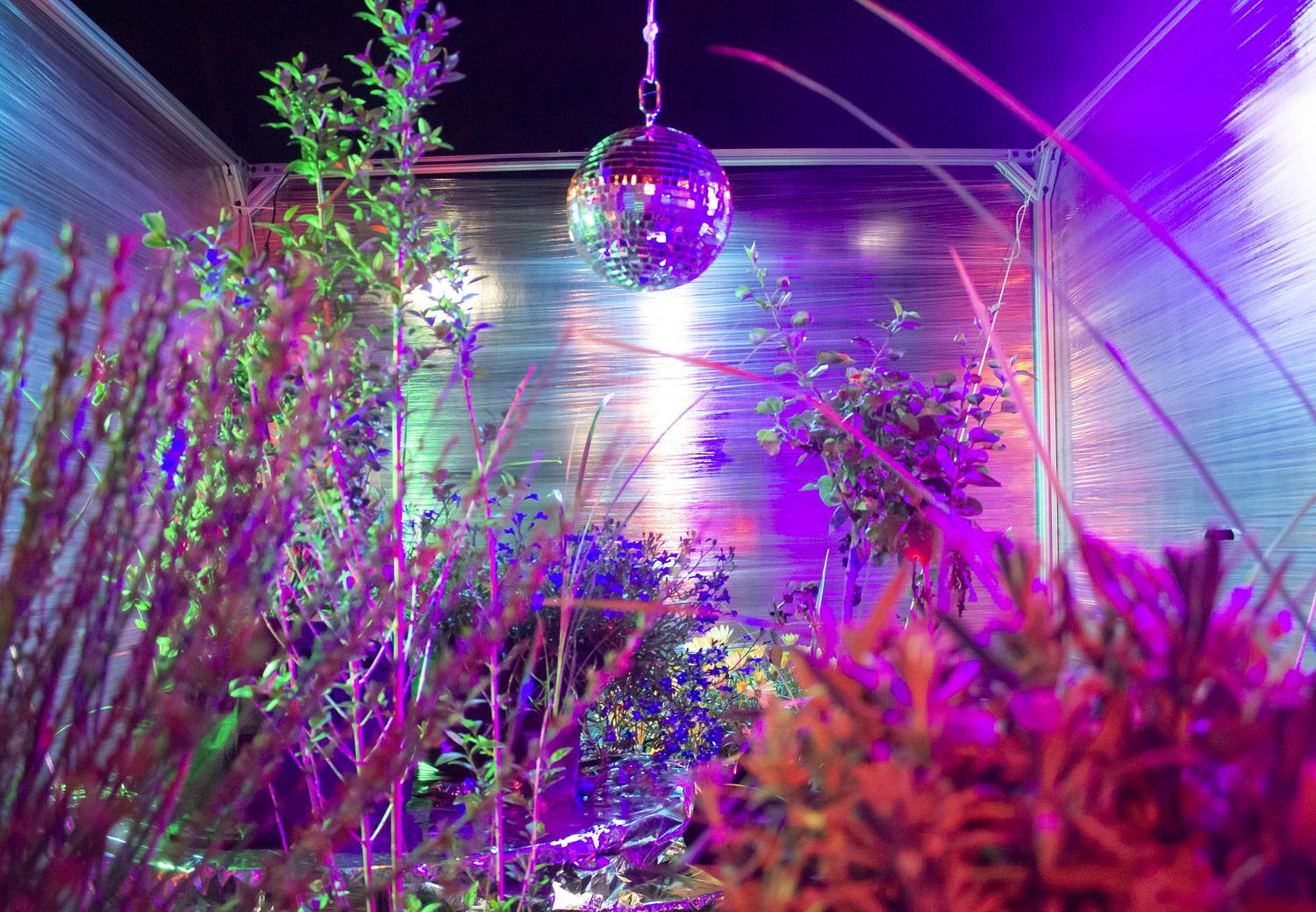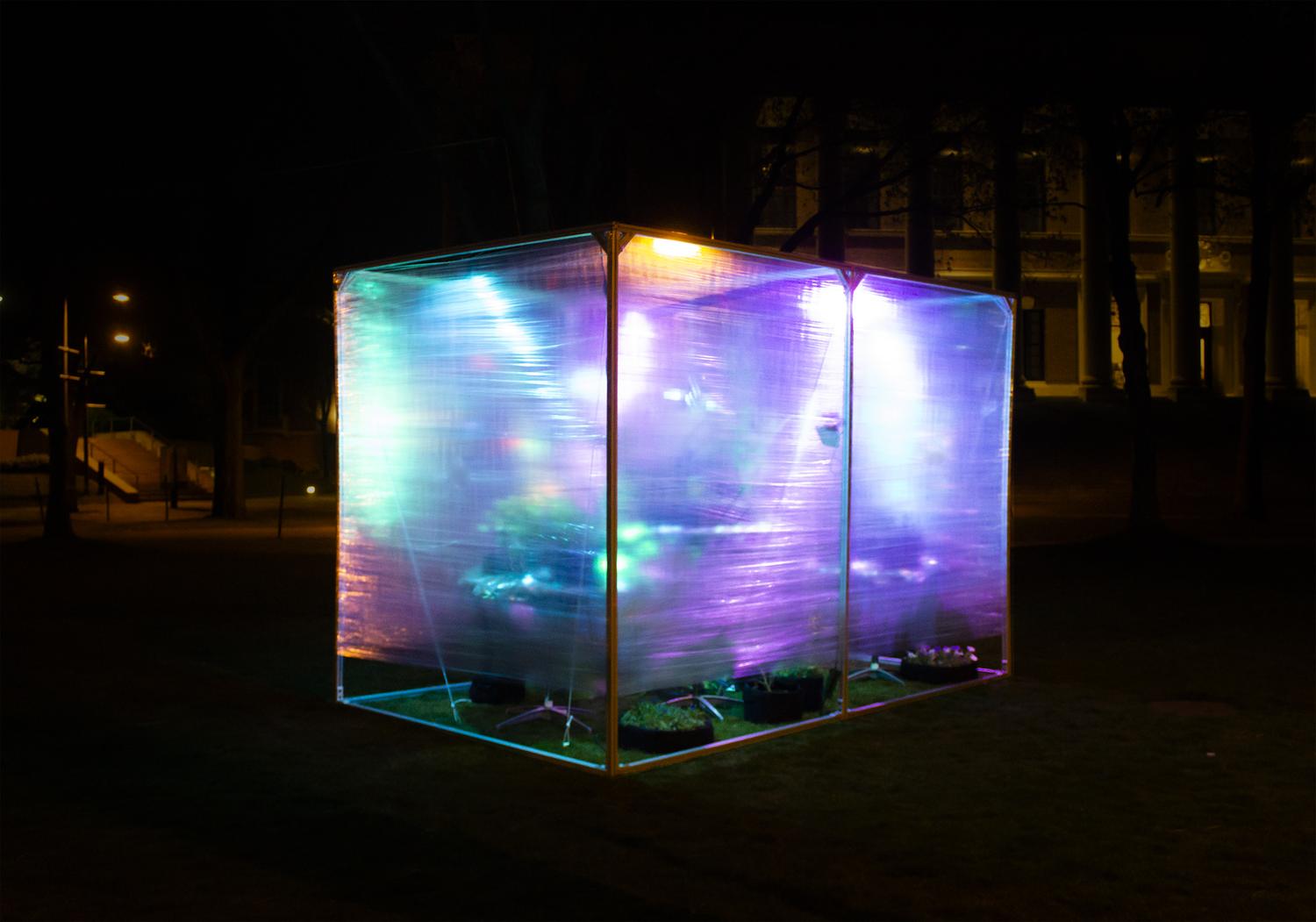Garden Party: A Party for Long-Day Plants
Harvard ARTS First Festival, Cambridge, USA (2022)
with Simon Lesina-Debiasi, Chase Galis, and Christina Moushoul
Garden parties often take clean white linens and cocktail tables as the central figures of their infrastructure. In 1915 just outside of Holworthy Hall, in fact, an article in the Harvard Crimson called on students to “join the biggest and best Garden Party ever attempted.” In this audiovisual media installation in a reusable scaffolding structure in the Harvard Yard, plants were instead treated as the guests of honour rather than the backdrop. With music designed for the enjoyment of plants and light complementing their biotic needs, this temporary installation thought on what it means to hold a party for a more-than-human audience: rather than holding a party for people in a garden, the party is held for the garden’s plants.
The installation was accompanied by a website that responded to diurnal light conditions. The site features the guest list for the party, which includes a list of long-day plants. Long-day plants are particularly responsive to periods of extended daylight, or even light periods at night as a way to further their growth. Long-used as a tactic in food production to produce more food faster, this installation counters the idea that plants must be pushed biotically to their most productive state for the purposes of feeding us; why not give them the light they love and the night off for a change?
We invited viewers to visit the installation and website at day and at night to learn more about the plants’ and diurnal personas.
![]()
![]()
![]()
![]()
![]()
![]()
Harvard ARTS First Festival, Cambridge, USA (2022)
with Simon Lesina-Debiasi, Chase Galis, and Christina Moushoul
Garden parties often take clean white linens and cocktail tables as the central figures of their infrastructure. In 1915 just outside of Holworthy Hall, in fact, an article in the Harvard Crimson called on students to “join the biggest and best Garden Party ever attempted.” In this audiovisual media installation in a reusable scaffolding structure in the Harvard Yard, plants were instead treated as the guests of honour rather than the backdrop. With music designed for the enjoyment of plants and light complementing their biotic needs, this temporary installation thought on what it means to hold a party for a more-than-human audience: rather than holding a party for people in a garden, the party is held for the garden’s plants.
The installation was accompanied by a website that responded to diurnal light conditions. The site features the guest list for the party, which includes a list of long-day plants. Long-day plants are particularly responsive to periods of extended daylight, or even light periods at night as a way to further their growth. Long-used as a tactic in food production to produce more food faster, this installation counters the idea that plants must be pushed biotically to their most productive state for the purposes of feeding us; why not give them the light they love and the night off for a change?
We invited viewers to visit the installation and website at day and at night to learn more about the plants’ and diurnal personas.
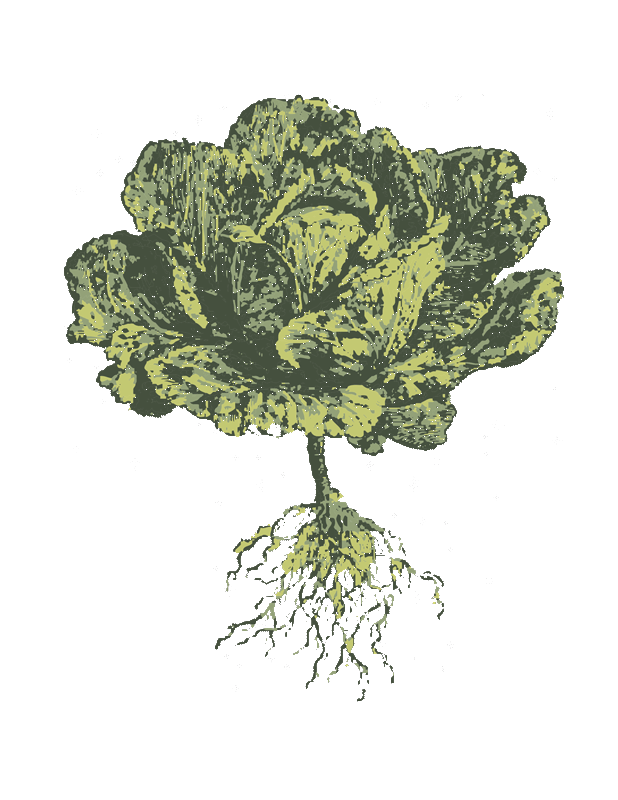
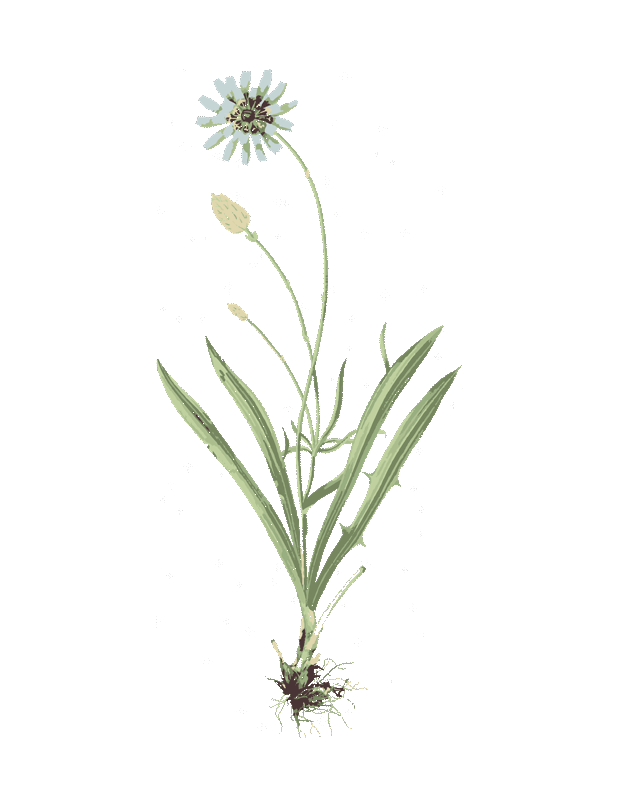
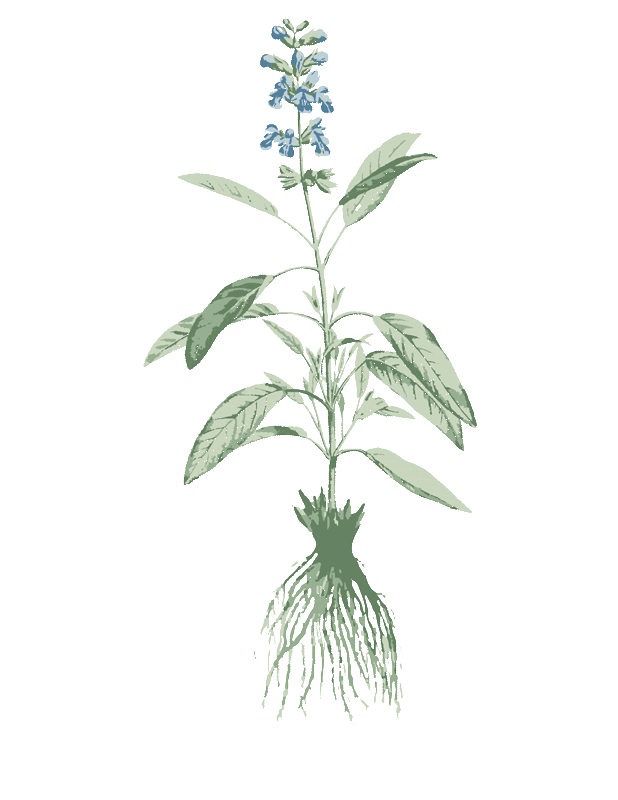
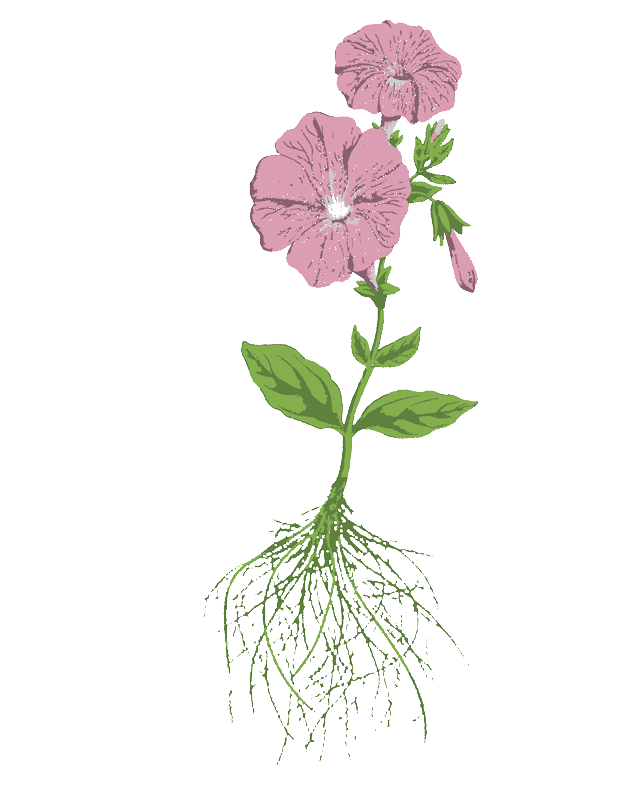
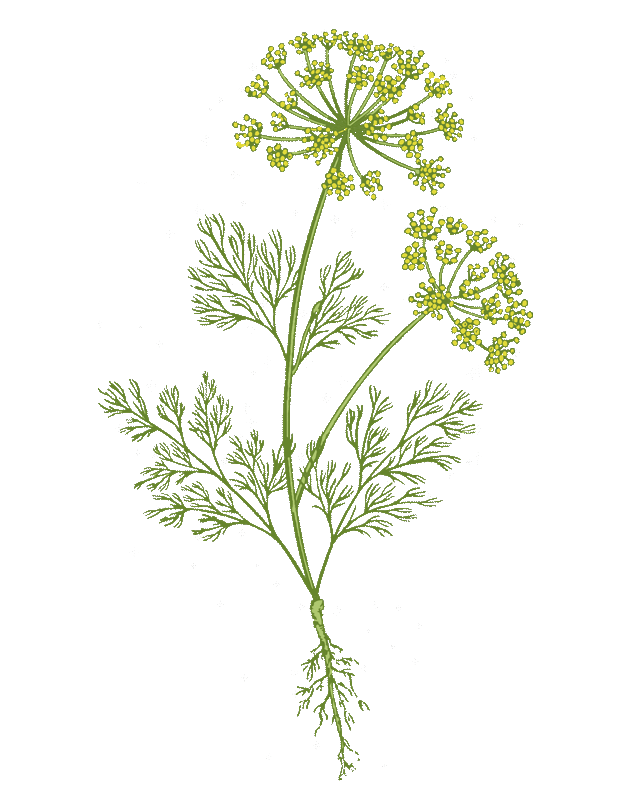

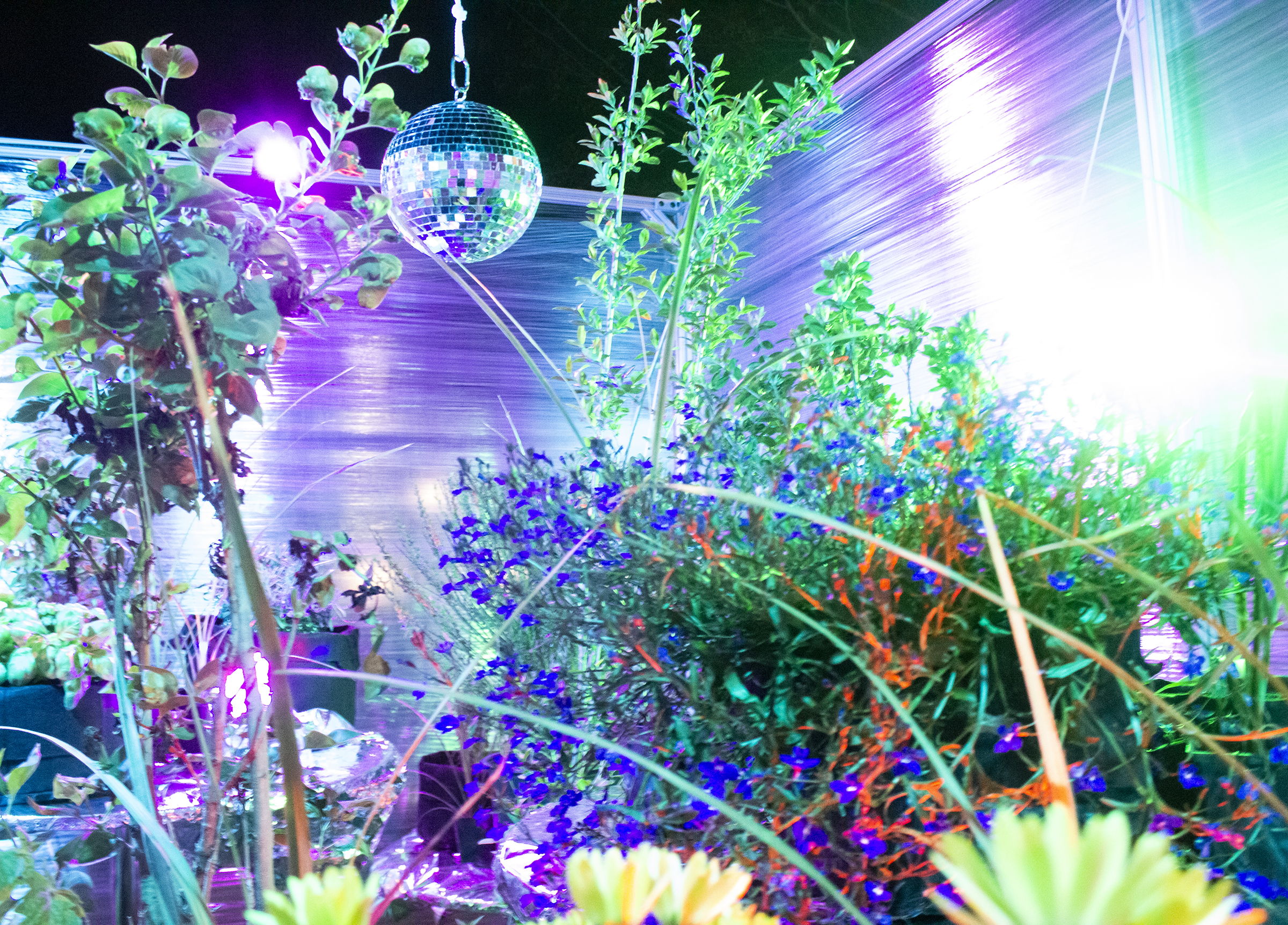
Digital garden and plant selection
Accompanying website (gardenparty.fun) included a plant list that altered according to diurnal light patterns; plants at day decriptions were dry and informational, and at night became fun and personified.Installation View
